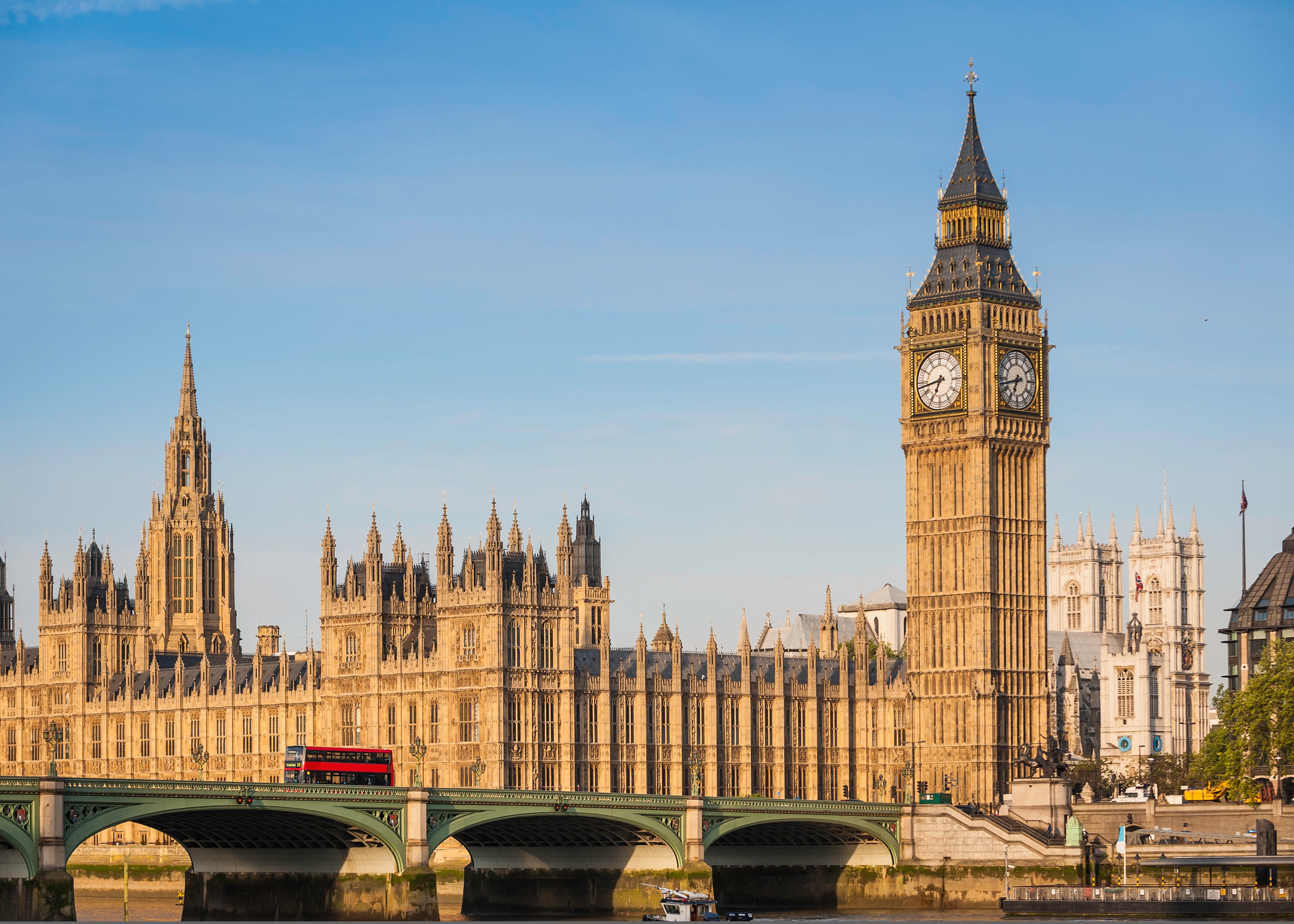Parliament blocks disclosure of MPs’ porn site visits on ‘national security’ grounds
Refusal comes ahead of by-election to replace MP who resigned over porn visit

Parliamentary authorities have refused to reveal how much porn MPs and their staff are trying to look at on work computers, citing "national security".
The refusal to disclose the information under the freedom of information act comes after Tory MP Neil Parish quit as an MP after he was caught looking at pornography at work in a "moment of madness".
But ahead of the by-election to replace Mr Parish later this month authorities rejected a freedom of information request by The Independent, citing Section 24(1) of Act.
Section 24 says says information does not have to be disclosed if secrecy is "required for the purpose of safeguarding national security".
The refusal is a change in policy for the Commons, which has previously disclosed how many porn sites were blocked on work computers on at least three separate occasions.
In 2013 parliament disclosed under FOI that computers on the parliamentary network had been blocked trying to access explicit content 309,316 times in the previous year.
In 2015 a similar disclosure revealed nearly 250,000 requests, and in 2018 the figure had fallen around 24,000.
But the Commons authorities told The Independent that it had not only blocked the latest FOI request, but retroactively deleted the previous disclosures from its website.
As well as the national security exemption authorities cited Section 31(1)(a) and (b), which says information can be exempted if required for "the prevention or detection of crime" and "the apprehension or prosecution of offenders".
In its FOI response letter authorities accepted that there was "a legitimate public interest in the House of Commons being open and transparent" but that "disclosure of this information would cause substantial risks to the parliamentary network as it would aid malicious groups in their efforts to target the network" as "both the disclosure of either specific web addresses, categories that are blocked, or totals relating to attempts or access, could provide valuable information to those wishing to bypass our security systems".
This is because releasing the data "would make the extent of the Parliamentary Network’s blocking and filtering policies public knowledge".
Maurice Frankel, director of the Campaign for Freedom of Information, told The Independent that the block appeared to be part of wider pattern.
"It seems that guidance has been issued to public authorities advising them not to release details of their monitoring of internet usage for fear of helping criminal, malicious or hostile users target these systems," he said.
"Given past disclosures that hundreds of thousands of attempts to access pornographic websites have been made annually from Parliament its impossible to believe that hostile users don’t know this, particularly after an MP was found accessing pornography while actually in the Commons chamber."
He added: "They will also know that the Parliamentary authorities must be taking steps to block such access. Revealing the number of attempts to view explicit material each year tells us something significant about Parliament but little about its internet security vulnerabilities, particularly as the number of failures to block access and the sites which have not been effectively blocked have not been requested."
A spokesperson for the Commons authorities said: “The House of Commons did previously release information on web access requests.
"However, after reassessing cyber-risk in 2017, it was determined that it presented a security risk and exposed the parliamentary network to an unacceptable amount of risk, and future requests were subsequently exempted under grounds of national security (s.24 FOIA) and law enforcement (s.31 FOIA).
Mr Parish said he originally accessed pornography by accident while searching for information about tractors, but that on a second occasion he had done so deliberately.
On another occasion in 2017 another Tory MP, Damian Green was sacked as first secretary of state after admitting he had lied about the presence of pornographic images on his House of Commons computer. He maintained that he did not “download or view” the pornography, but accepted that that he “should have been clear in my press statements” about the presence of the images on his computer.
Join our commenting forum
Join thought-provoking conversations, follow other Independent readers and see their replies
Comments
Bookmark popover
Removed from bookmarks